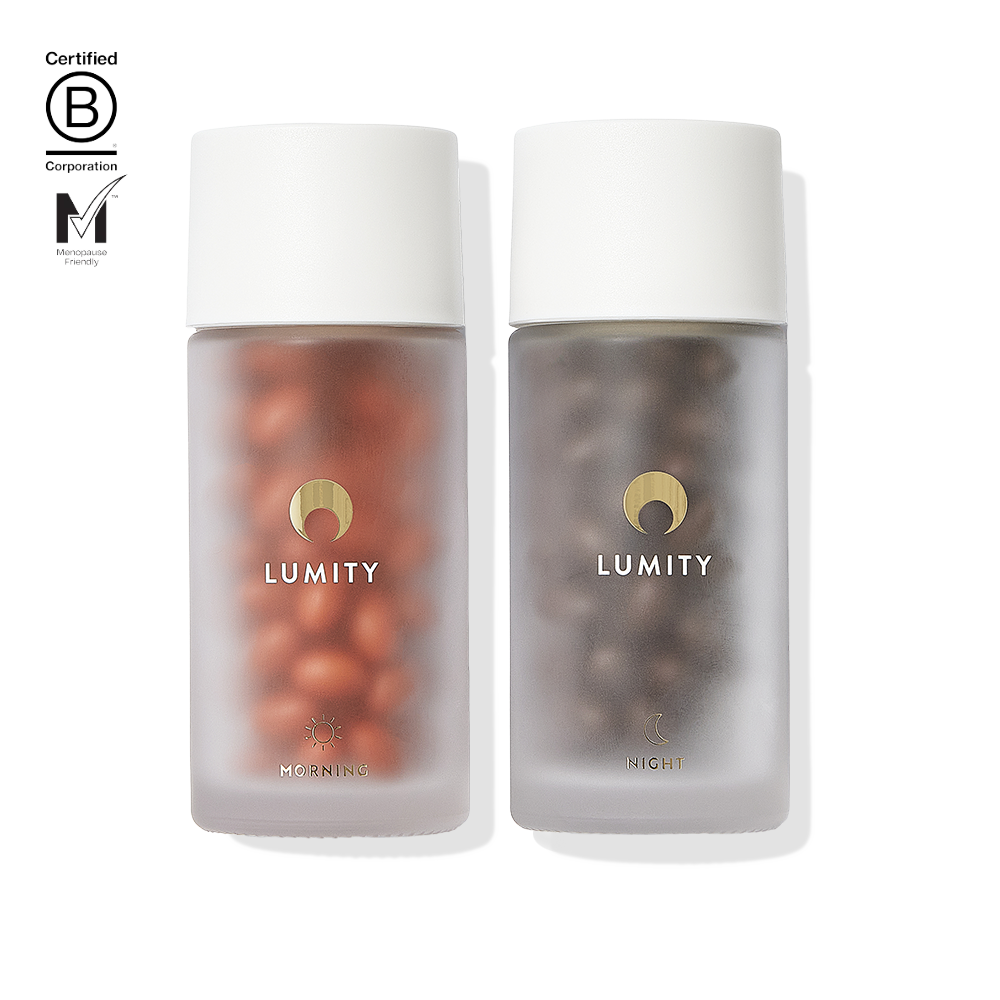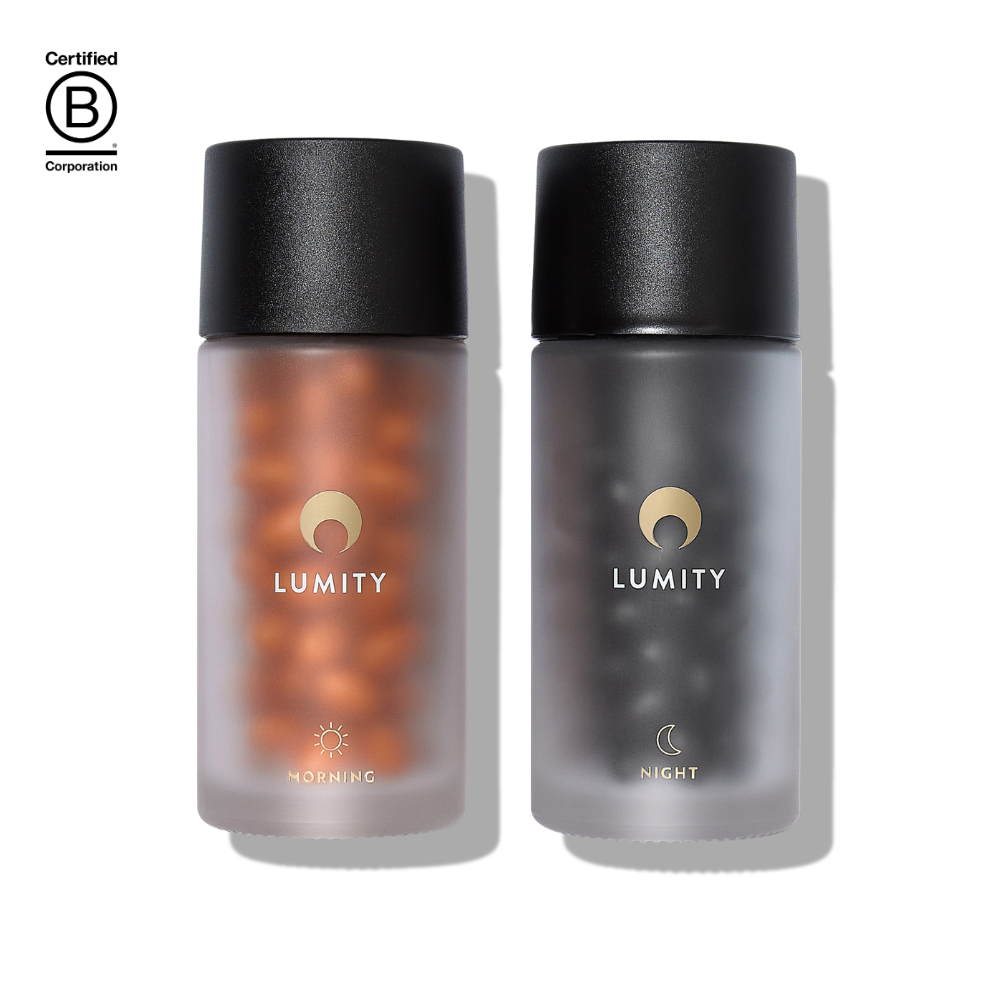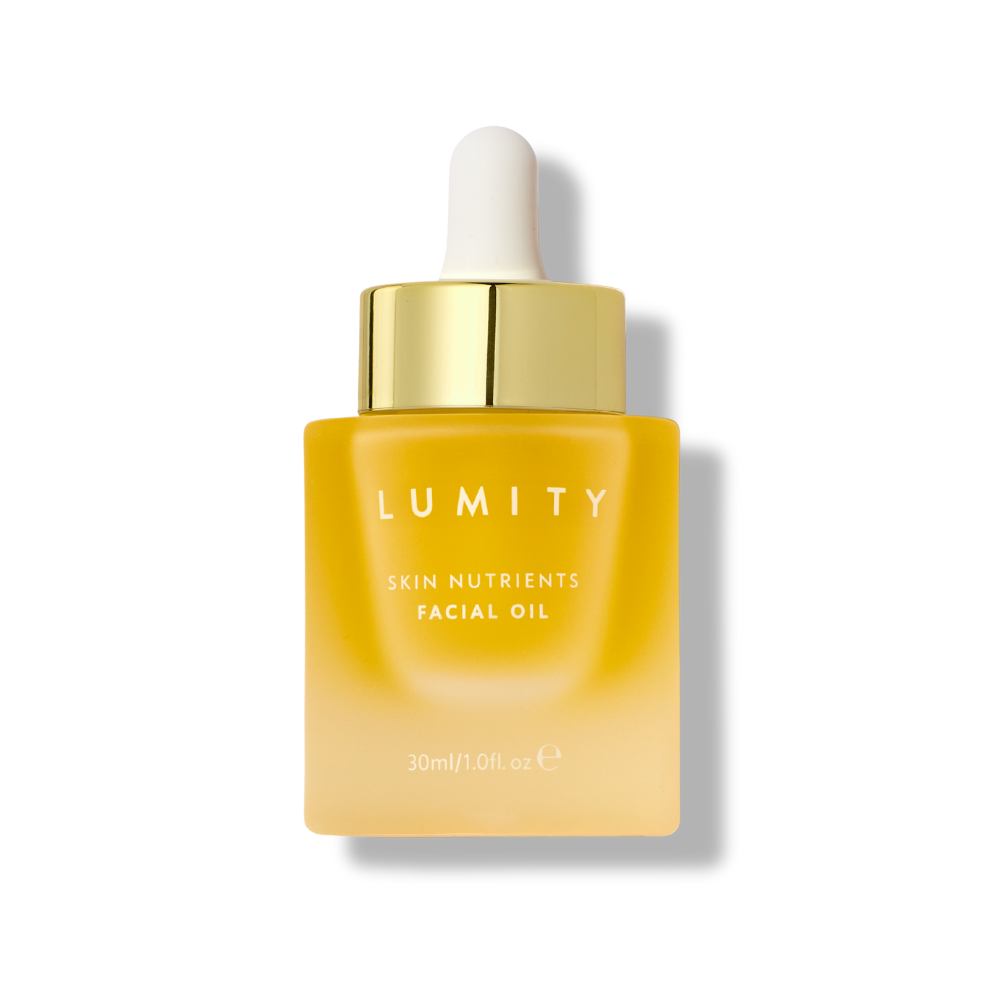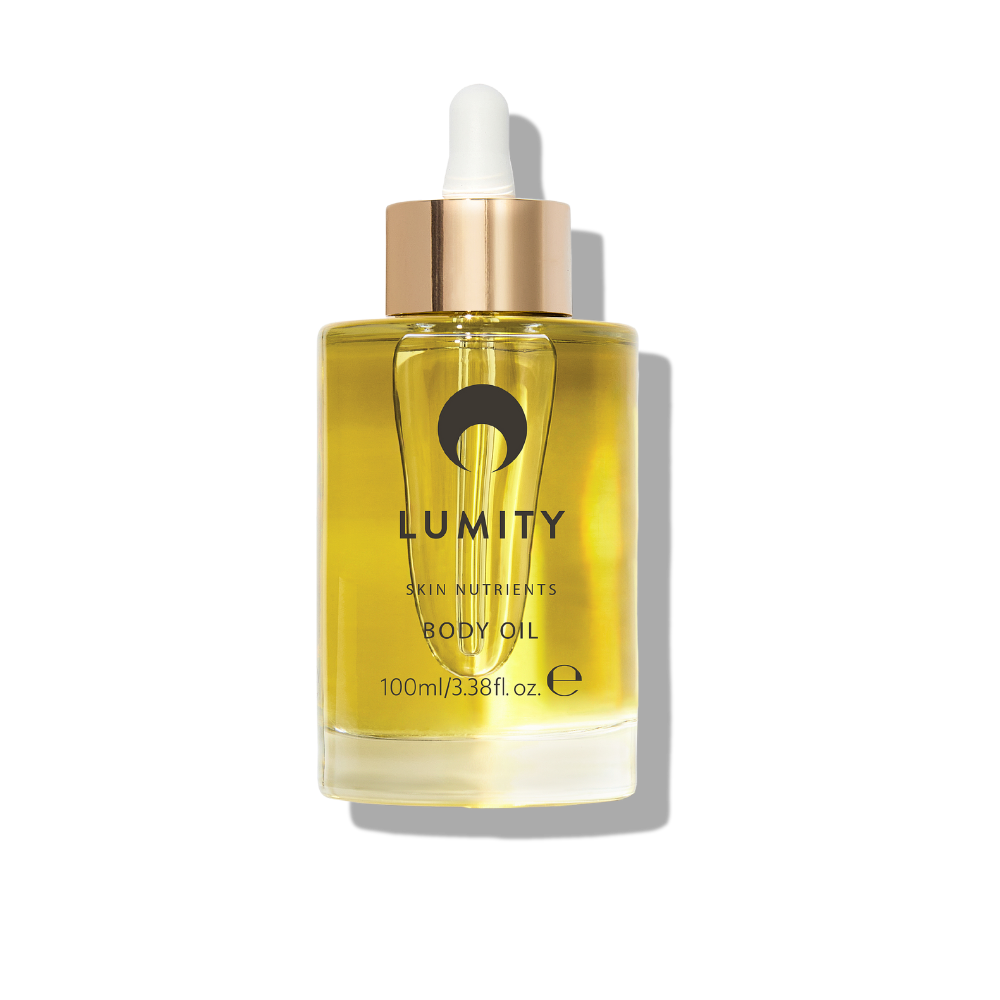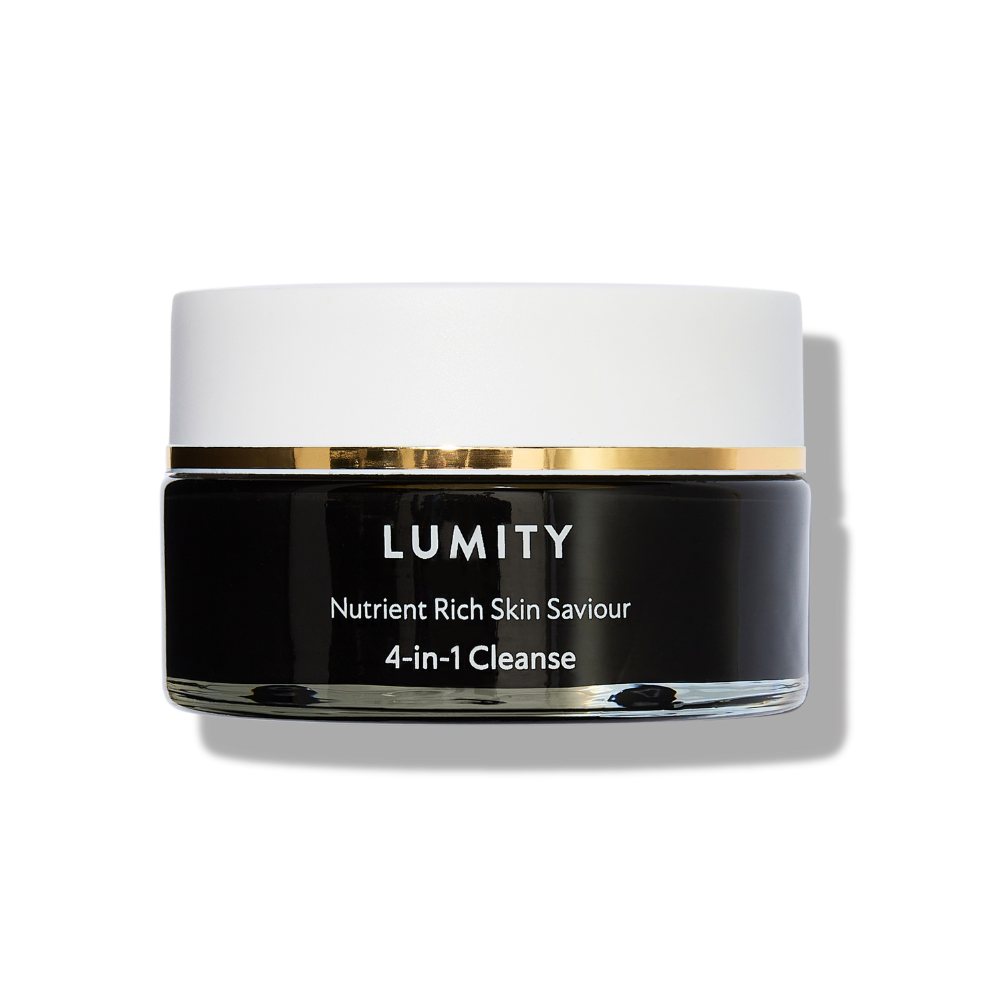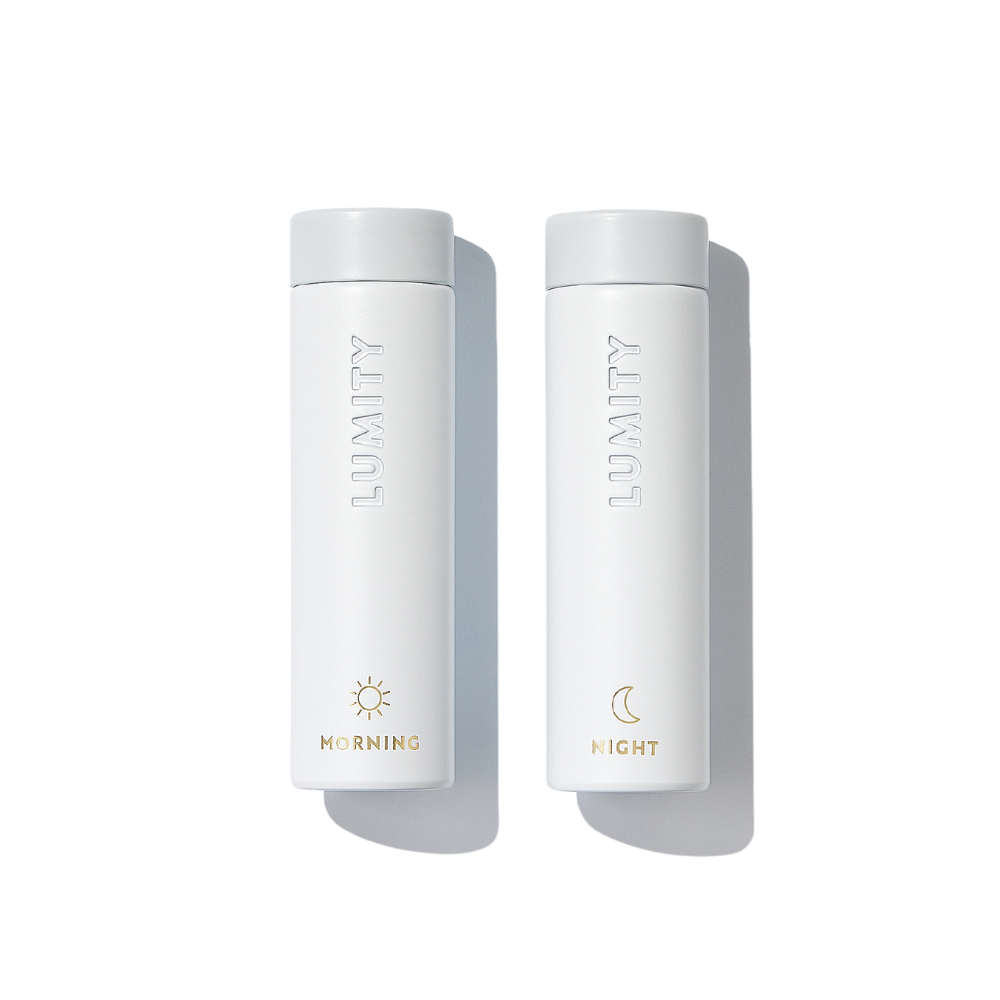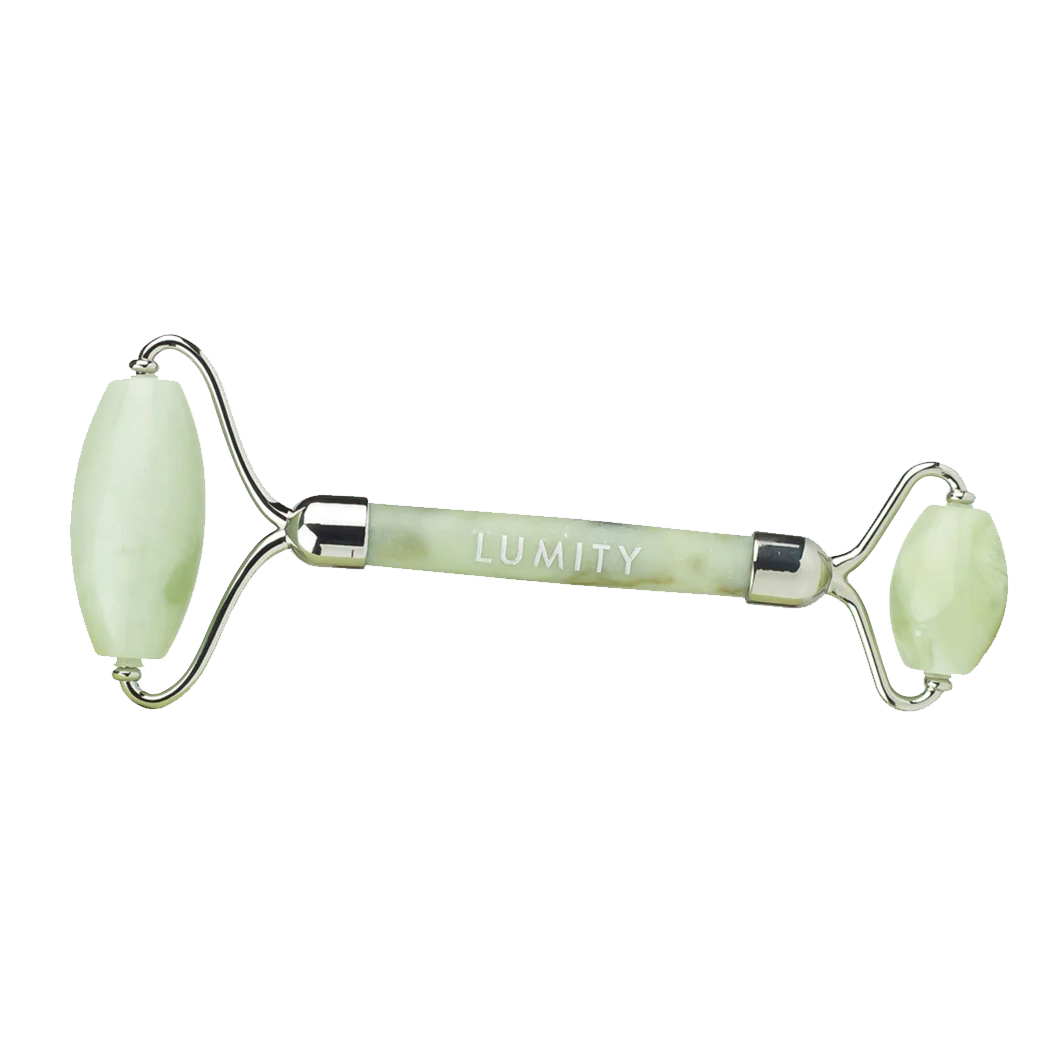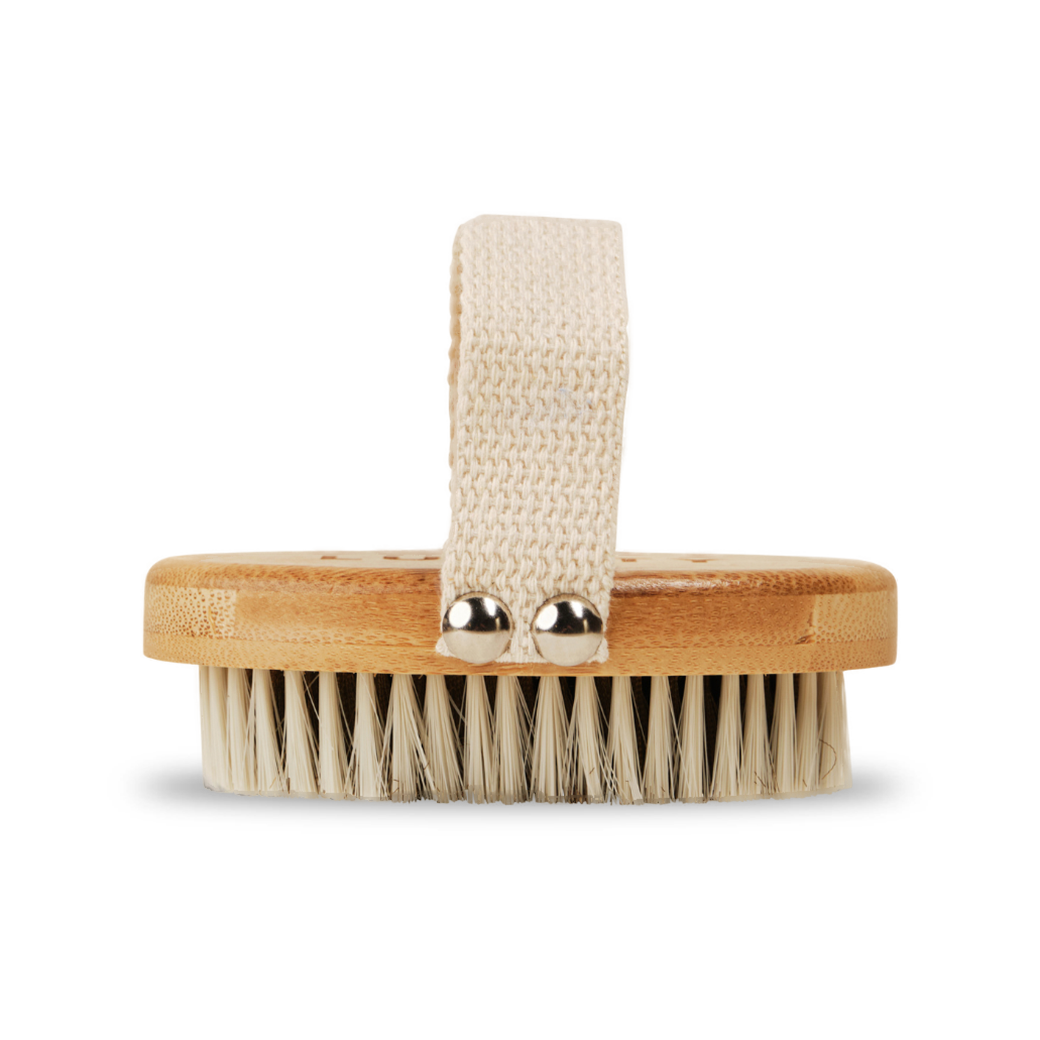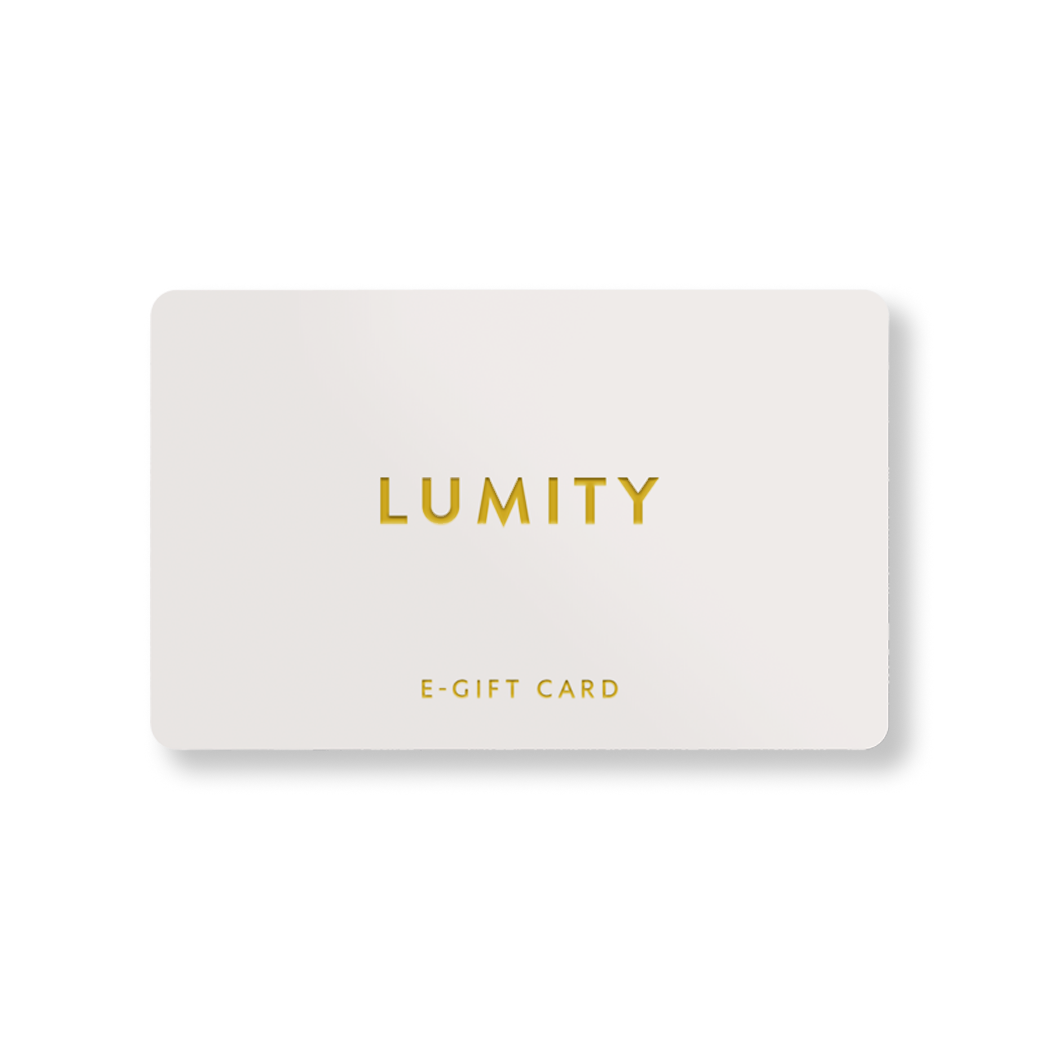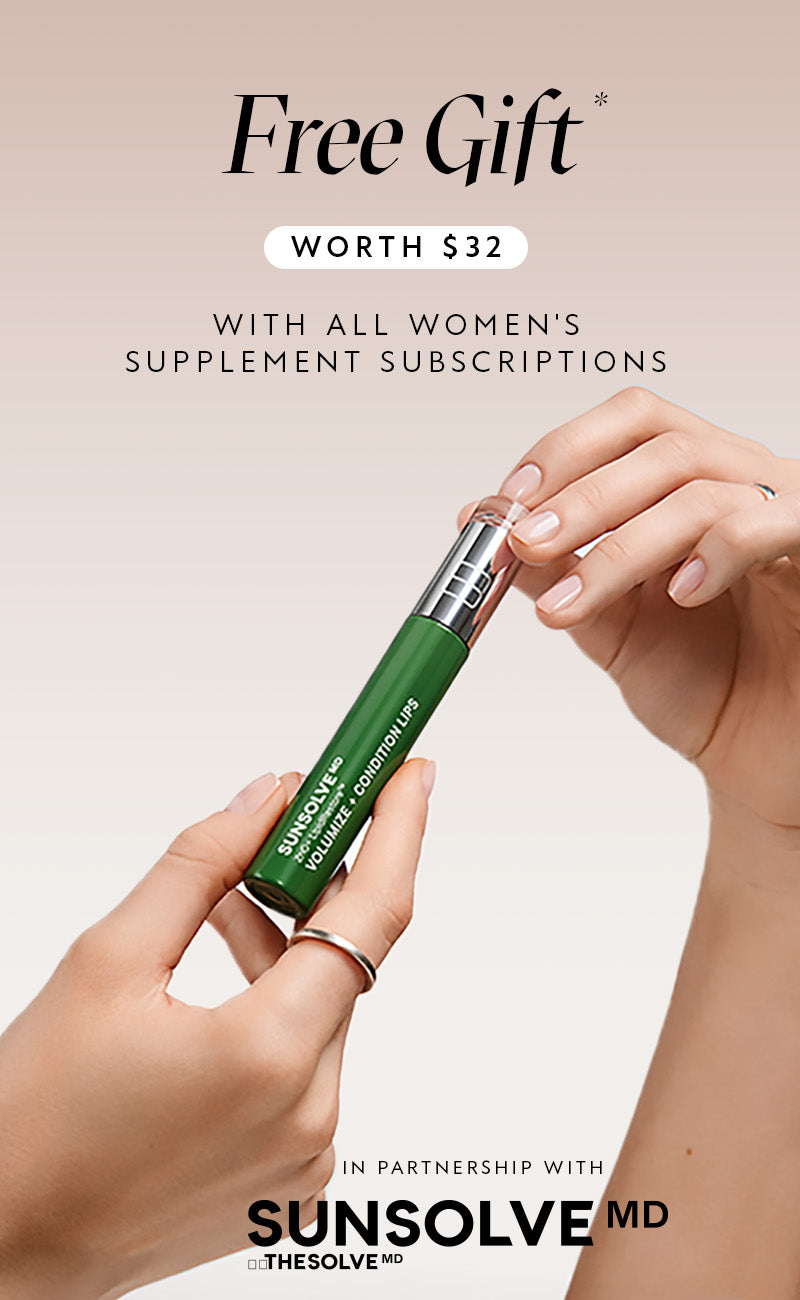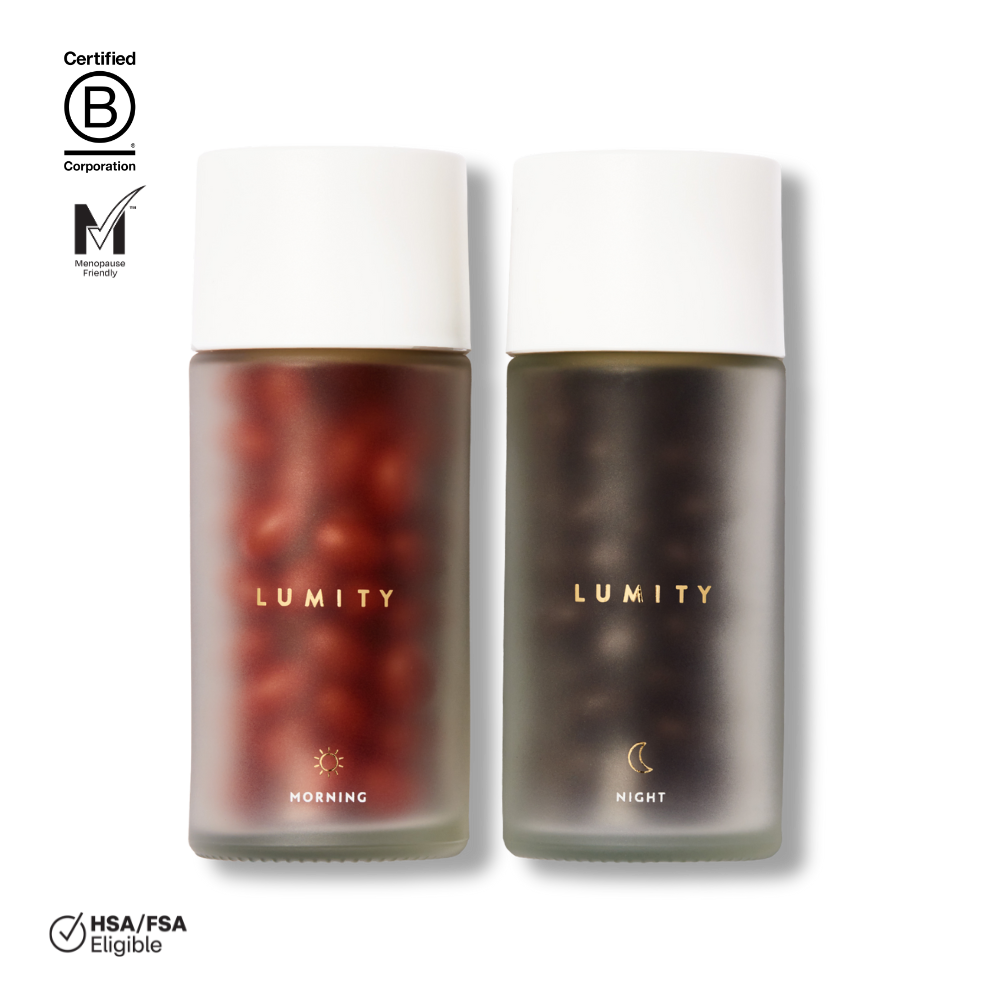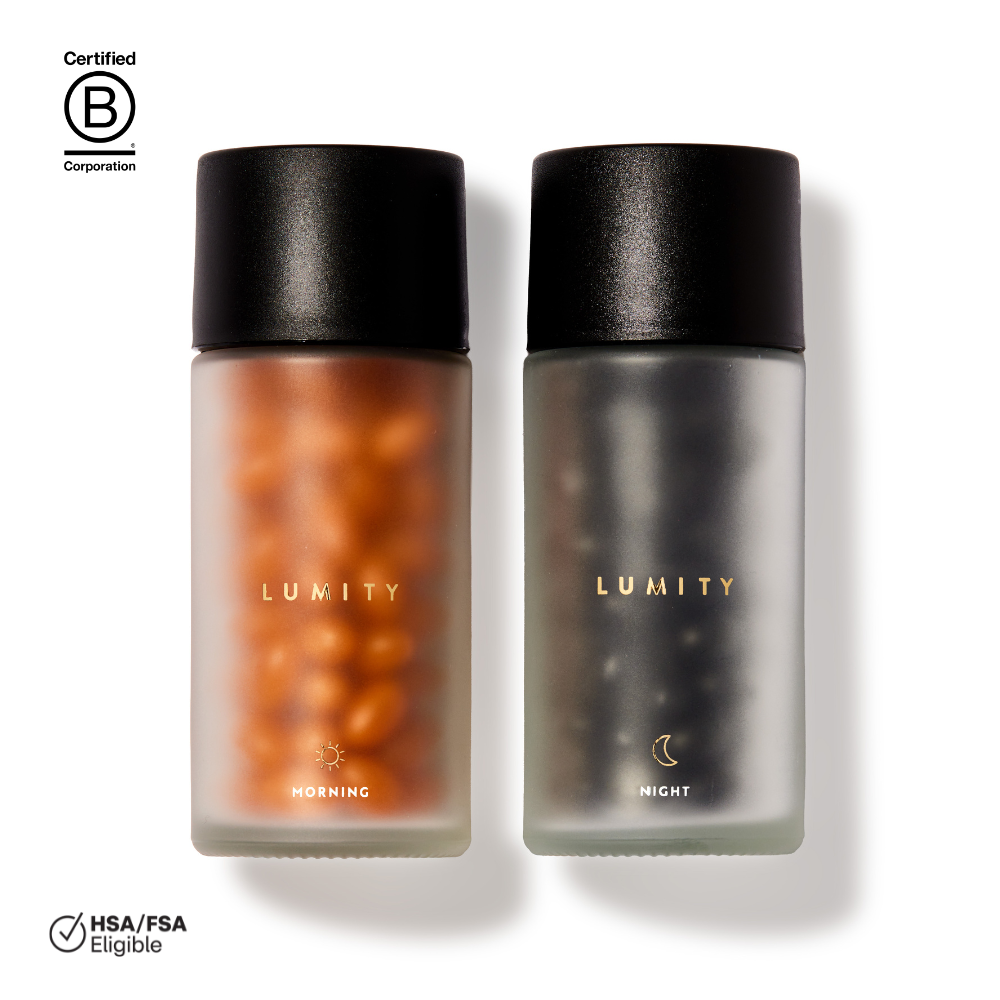14 APRIL 2024
Sleep Month: How To Kick Jet Lag
Created in partnership with The Standard
‘The Insomnia Expert’ Natalie Penicotte Collier is on a mission to highlight the importance of circadian sleep health, and being home to 266 beds, The Standard, London want to find out how you can get a better night sleep...Zzz...

How do we combat jet lag and get enough sleep when moving through different time zones?
Travel Jet Lag is simply a mismatch/confusion between our environment and our inner body clock. In fact, to some extent, many people do this every weekend, without travelling anywhere and engaging in this social jetlag. A habit that we think is harmless of sleeping a few hours later and having lie-ins can cause huge inner effects on sleep well-being and confusion for the body and mind.
So the key is not to stress, but instead take simple steps to action. All your circadian cues will help.
Natalie's Circadian Cues...
To Feel Awake
LIGHT: Go outside, or let bright daylight inside
FUEL: Movement, food & supplementation
TOOLS: Feel more awake in a cold shower
To Create Sleep Mode
LIGHT: Dim light and create a dark, safe, cozy sleep space. Use less digital blue light.
FUEL: Eat less heavy food, use sleep support supplementation (like Lumity Morning & Night) and hydrate! Choose gentle movement over HIIT or cardio.
TOOLS: Soak in a warm shower to aid sleep.

Can you give us some tips on how to sleep well in a hotel room particularly?
As a global sleep expert, passionate about performance well-being, naturally my job demands me to travel regularly as well as juggle being a working mother of teens. To some extent this is true for so many of us, juggling our energy demands with our work/relationships/well-being & caring.
The circadian rhythm story really frames best how to sleep well and thrive when we don’t have a perfect familiar ‘bed’ or sleep schedule. Just like the Olympic athletes I support – your sleep cannot always rely on the same conditions. In fact, our innate sleep physiology naturally adapts to this – just as it as always done. You may be familiar with the well-known evolutionary concept of the first-night effect: even if we have a perfect hotel room, our minds will stay alert in some way to different sensory cues, smells or sounds & unfamiliar environments.
The great news is that our sleep does adapt to 3 helpful sensory cues, no matter where we are sleeping, and we can support sleep by unpacking these elements.
1. Darkness
2. Comfort (safety, temperature)
3. Mind Unwind/Relaxation
- Travel with an eye mask and sound ear diffuser
- Create your perfect 30-minute wind down routine, and replicate it wherever you are
In this way, the perfect sleep space can be designed to encourage a good night's sleep.
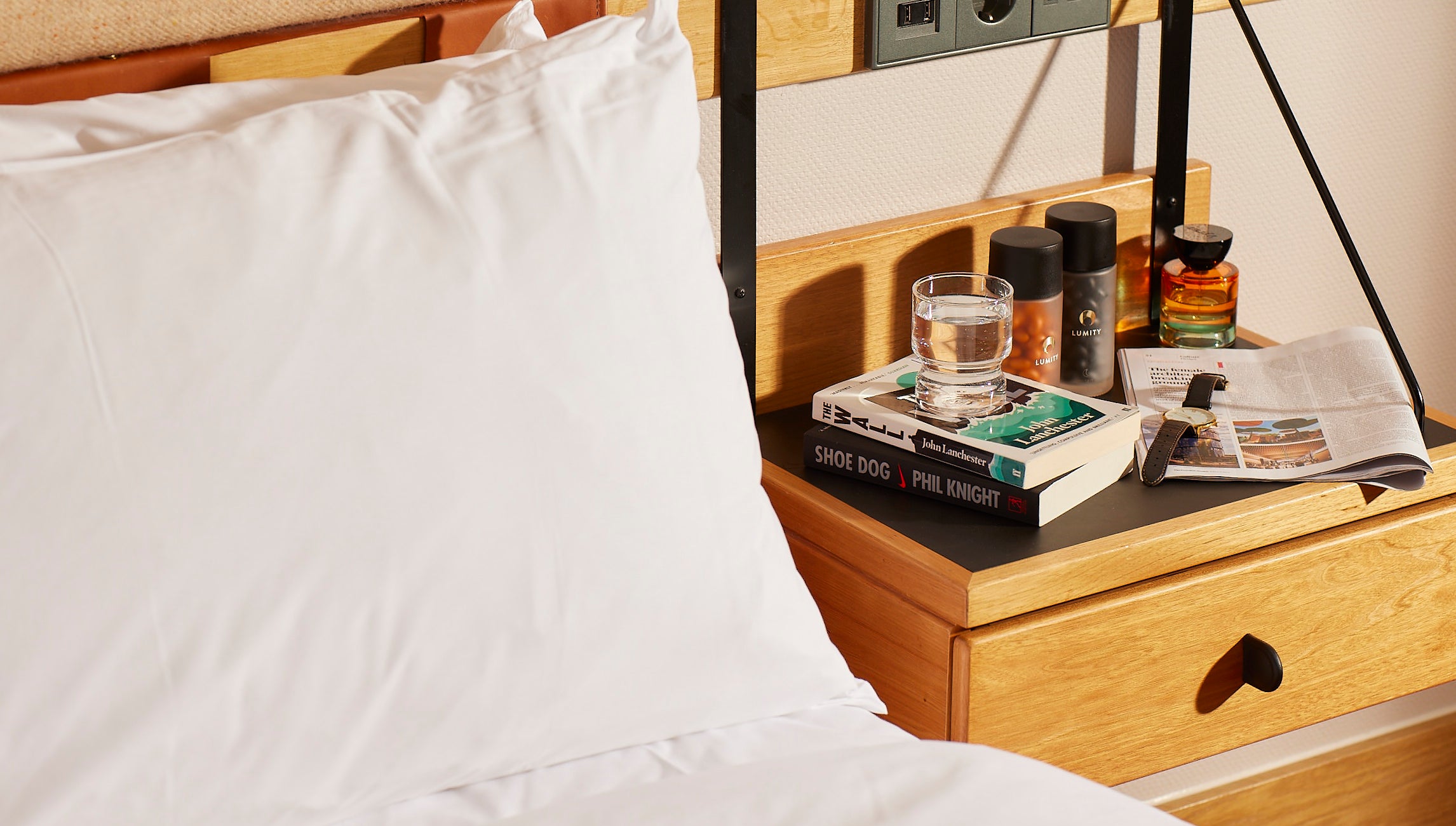
3 Sensory Cues for Better Sleep
1. Darkness
2. Comfort (safety, temperature)
3. Mind Unwind/Relaxation
Natalie Pennicote Collier is acclaimed as ‘The Insomnia Expert,’ and her work and sleep health expertise were profiled by The Sunday Times on Feb 24 (11/02/24). Author of Penguin's new bestselling sleep health book, Collier shares her methods in “Sleep Reset – The New Tools of Rest & Recovery.’ This feature was originally published by The Standard on March 13, 2024.
Your Perfect Travel Companion
Blog posts
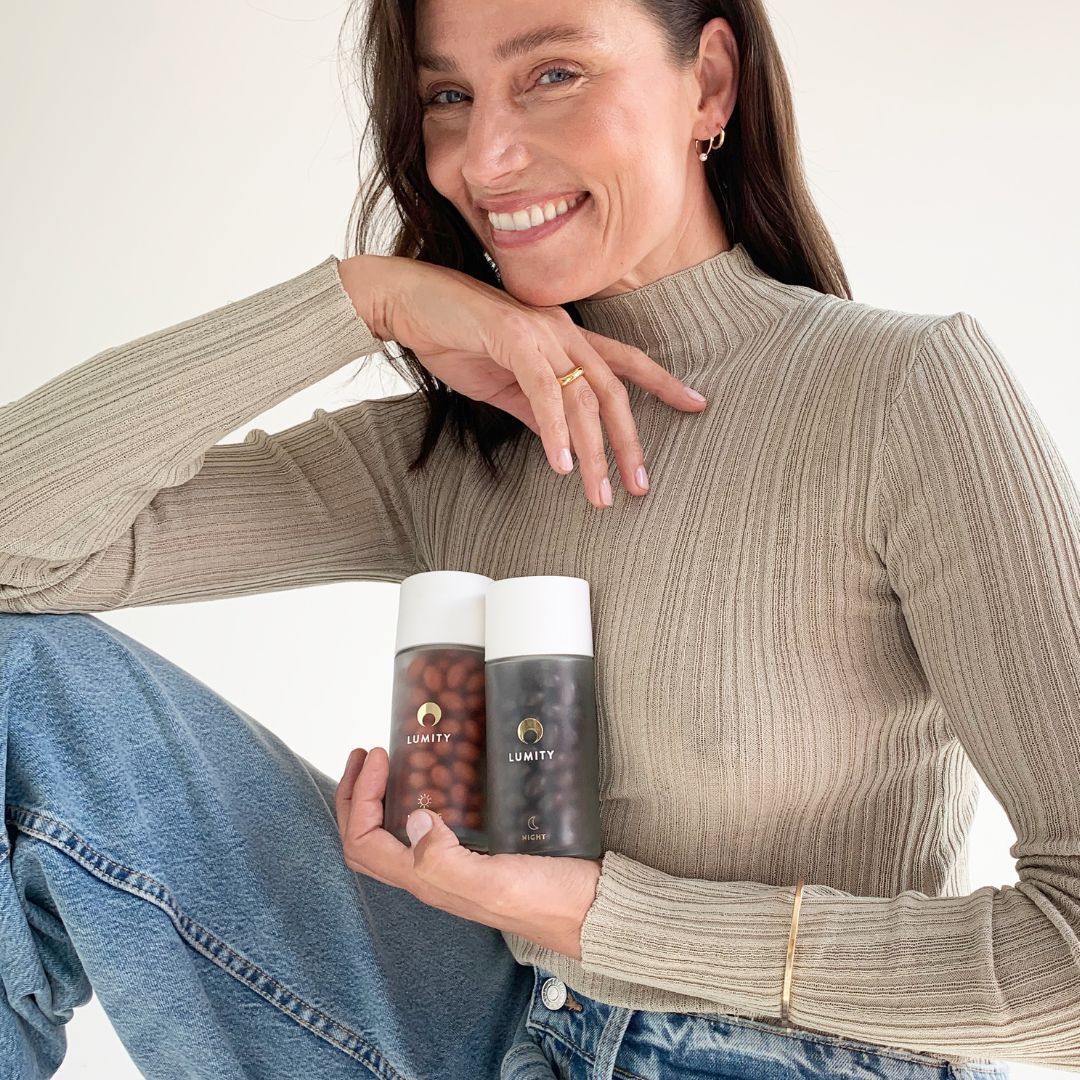
Natural Menopause Relief: The Lifestyle Changes That Actually Work
The narrative surrounding menopause has long oscillated between two extremes: endure it stoically or medicate it completely. Yet between these polarities lies a more nuanced truth that strategic li...
Read more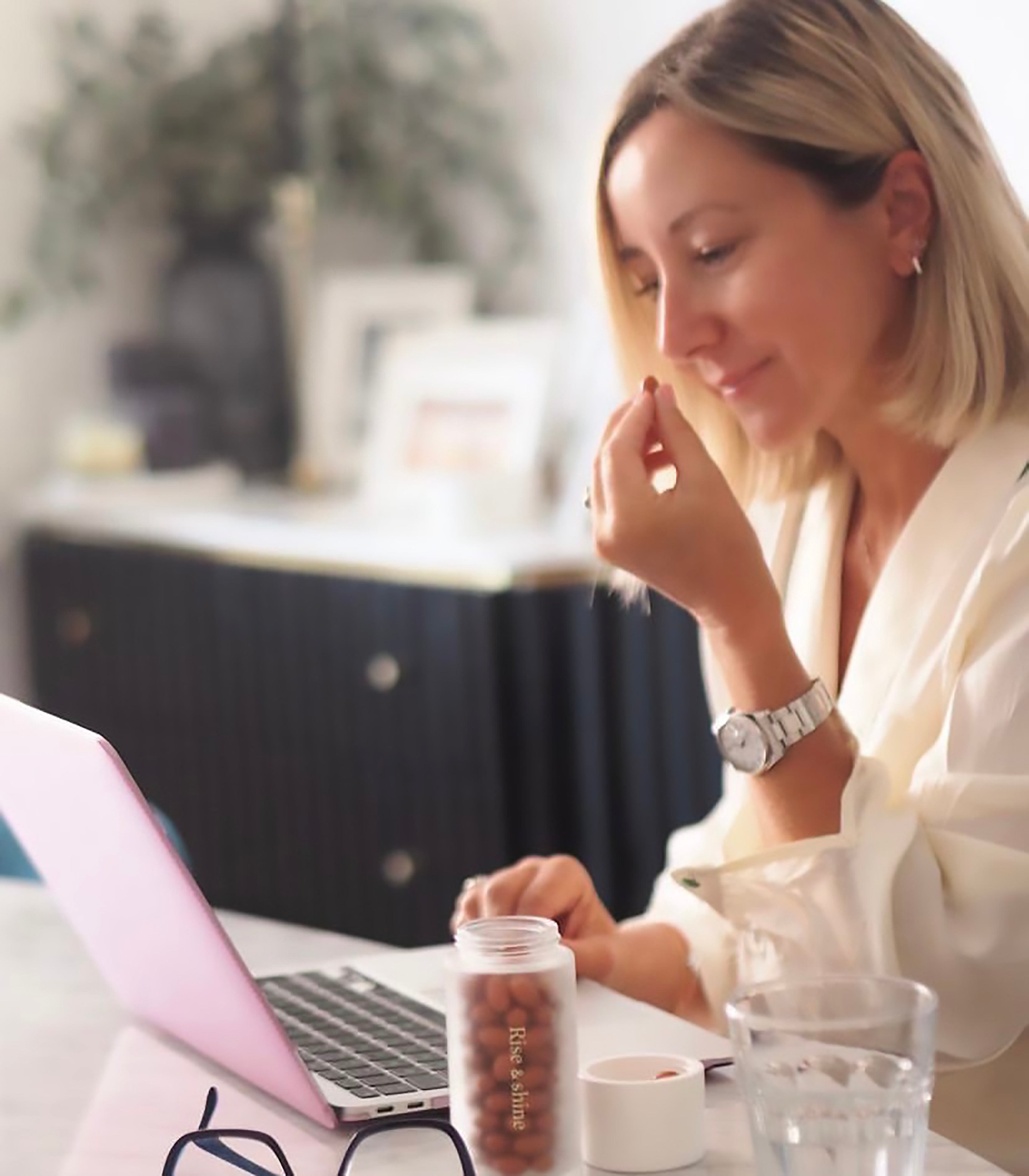
How to Manage Perimenopause Brain Fog Without Sacrificing Your Career
The executive presentation you're stumbling through. The client's name that vanished mid-conversation. The meeting agenda you drafted this morning but cannot, no matter how hard you try, recall. If...
Read more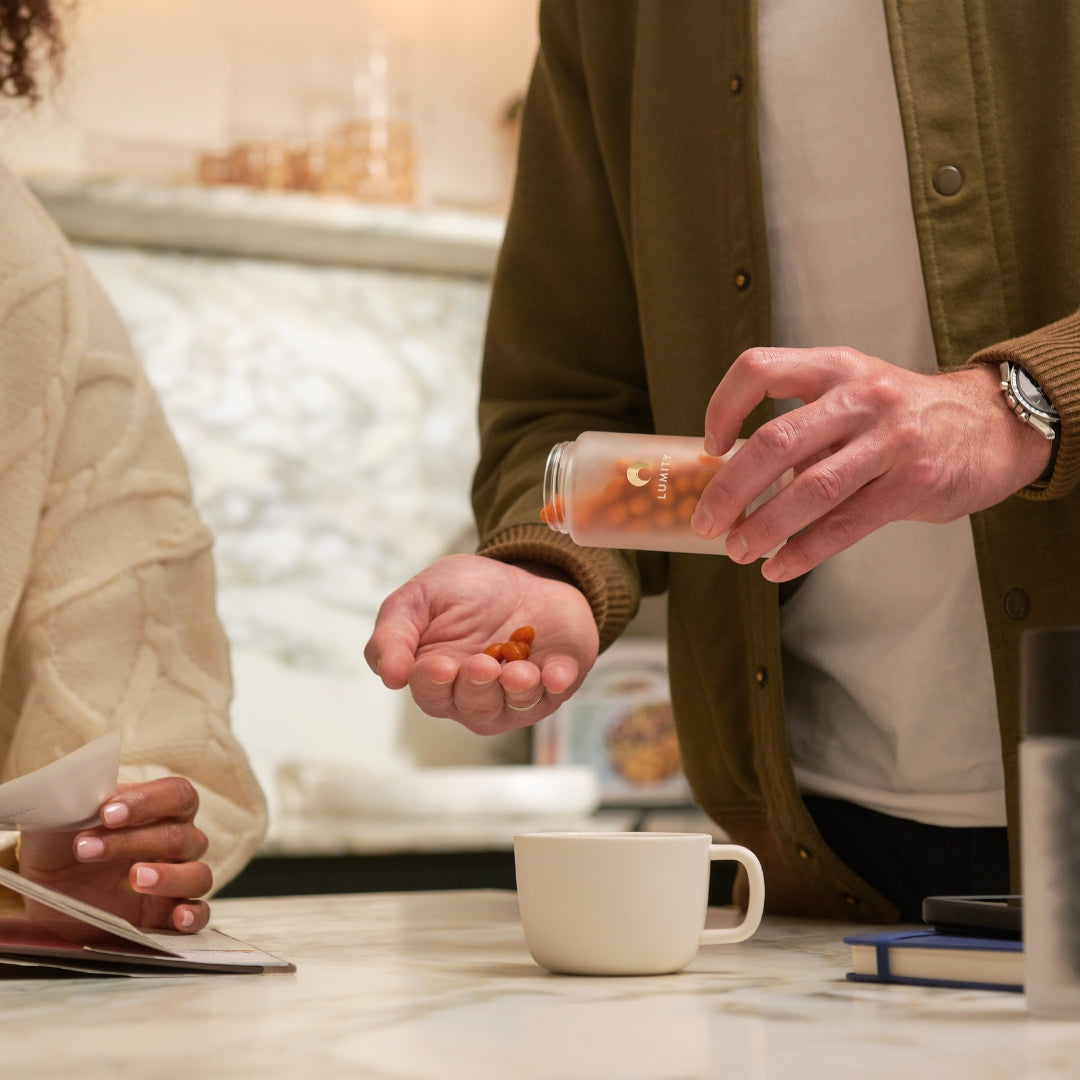
The Anti-Inflammatory Diet Guide: What to Eat, What to Take and What to Avoid
Inflammation is the word on everyone’s lips in 2025 – from Goop founder, Gwyneth Paltrow to Zoe founder, Professor Tim Spector. And unlike some viral trends with limited scientific backing (think d...
Read more